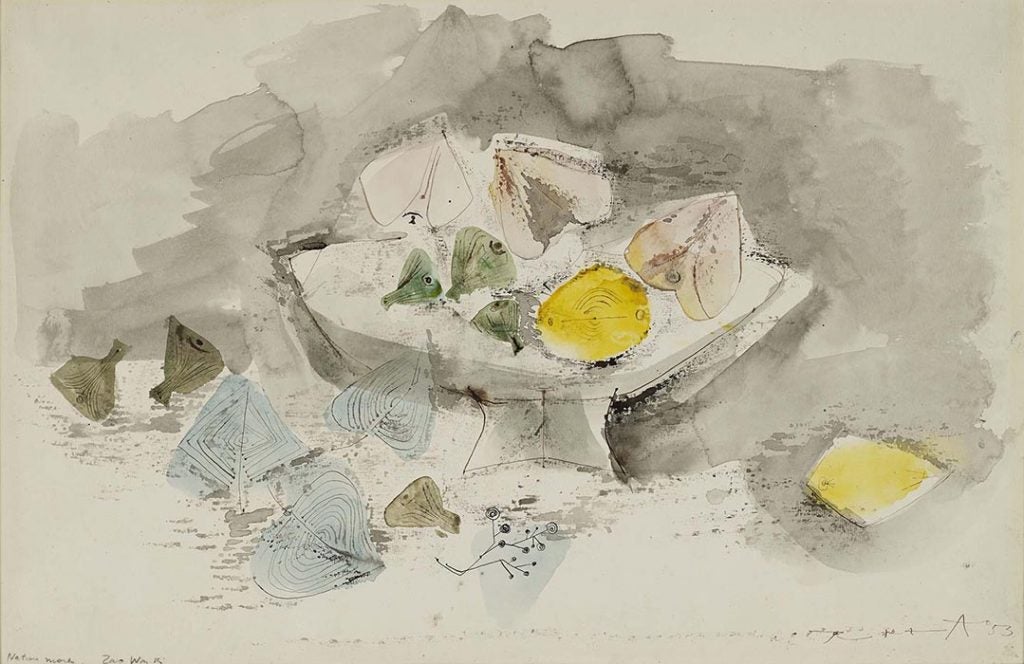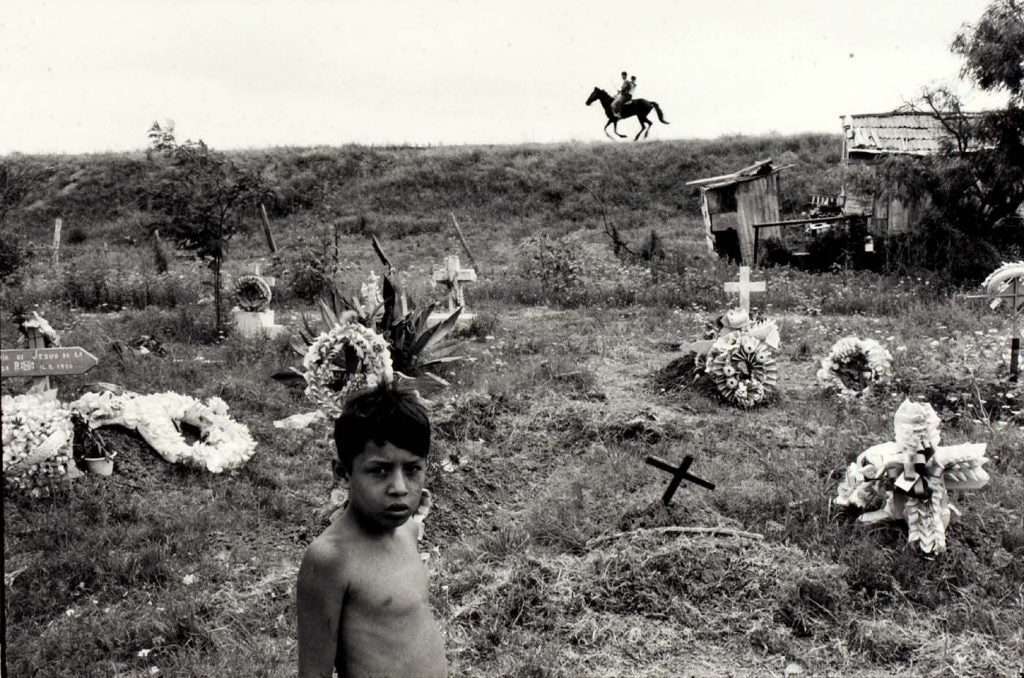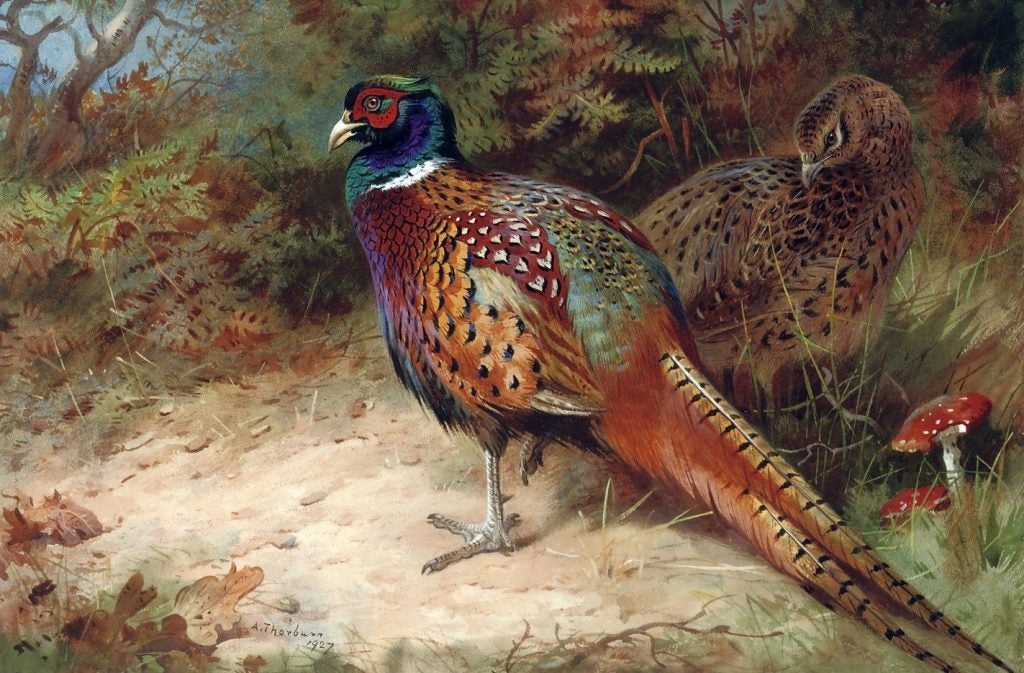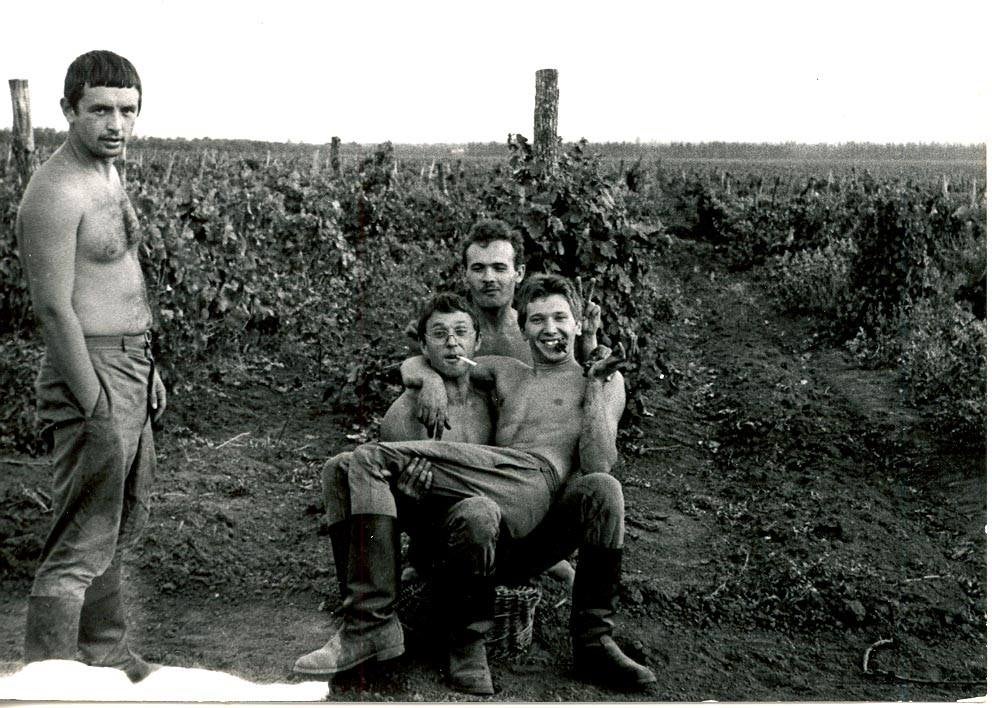In four decades of family history on the ranch no immigrant had ever made contact. The effort to capture them, though, is omnipresent in the post-9/11 militarization of the borderlands. The number of vehicles on constant patrol in the Big Bend Sector has more than tripled. Helicopters circle, sometimes for entire days, scanning the hills, bearing down on migrants, driving them to the point of collapse.
In four decades of family history on the ranch no immigrant had ever made contact. The effort to capture them, though, is omnipresent in the post-9/11 militarization of the borderlands. The number of vehicles on constant patrol in the Big Bend Sector has more than tripled. Helicopters circle, sometimes for entire days, scanning the hills, bearing down on migrants, driving them to the point of collapse.








